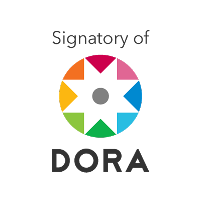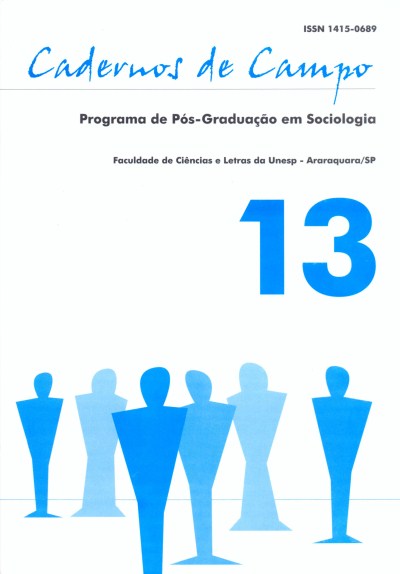Download data is not yet available.
Articles
Autores que publicam nesta revista concordam com os seguintes termos:
Artigos são licenciados sob a Licença Creative Commons Attribution (CC-BY).
Esta licença permite que outros distribuam, remixem, adaptem e criem a partir do seu trabalho, mesmo para fins comerciais, desde que lhe atribuam o devido crédito pela criação original. É a licença mais flexível de todas as licenças disponíveis. É recomendada para maximizar a disseminação e uso dos materiais licenciados.
Current Issue
CopySpider
links-unesp
Information
Developed By
Keywords
E-ISSN: 2359-2419 (números publicados a partir de junho 2016)
ISSN: 1415-0689 (encerrado em junho de 2016).
Email: cadernosdecampo.fclar@unesp.br
DOI Prefix: 10.47284/cadern

A Cadernos de Campo: Revista de Ciências Sociais faz parte de um amplo grupo de periódicos internacionais que aderiram à Declaração de San Francisco sobre Avaliação da Pesquisa (DORA). Criado por um grupo de editores de periódicos acadêmicos, durante um evento cientifico, na cidade de São Francisco/EUA, em 2012, esse movimento exige novas formas de avaliação da produção cientifica por parte das agências de financiamento e instituições acadêmicas. Maiores informações sobre a DORA podem ser obtidas clicando no link: https://sfdora.org/








